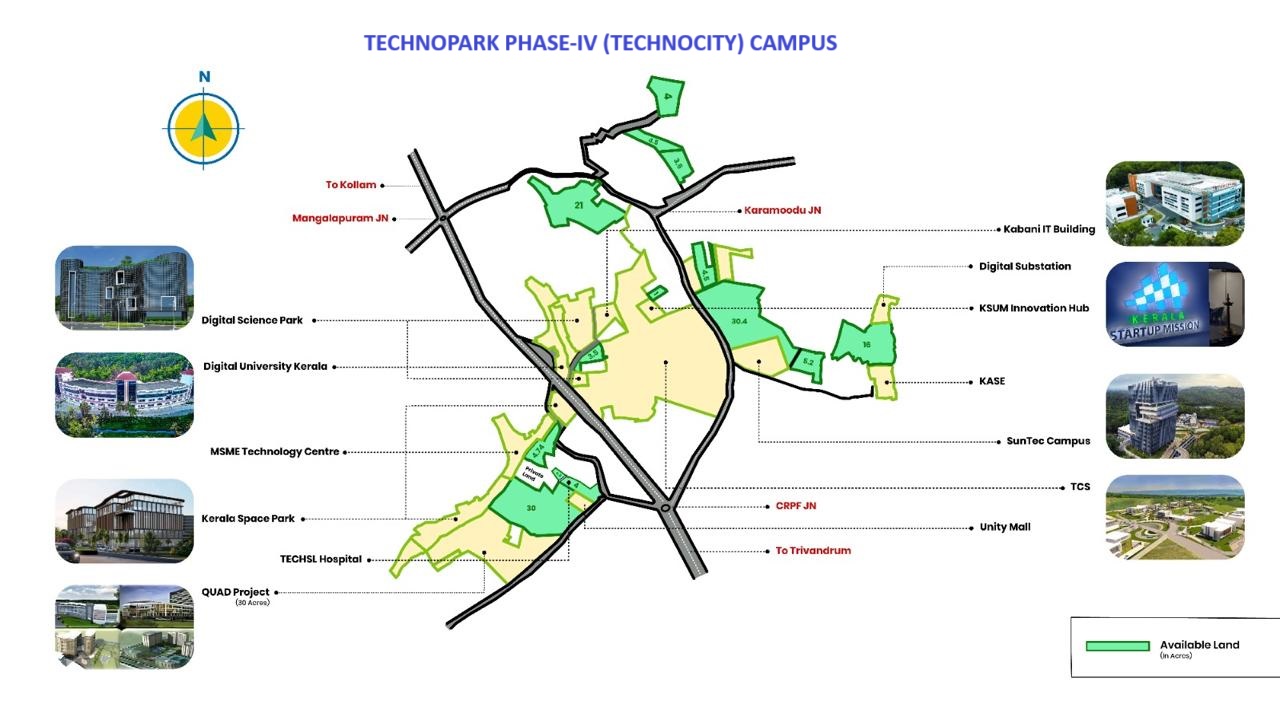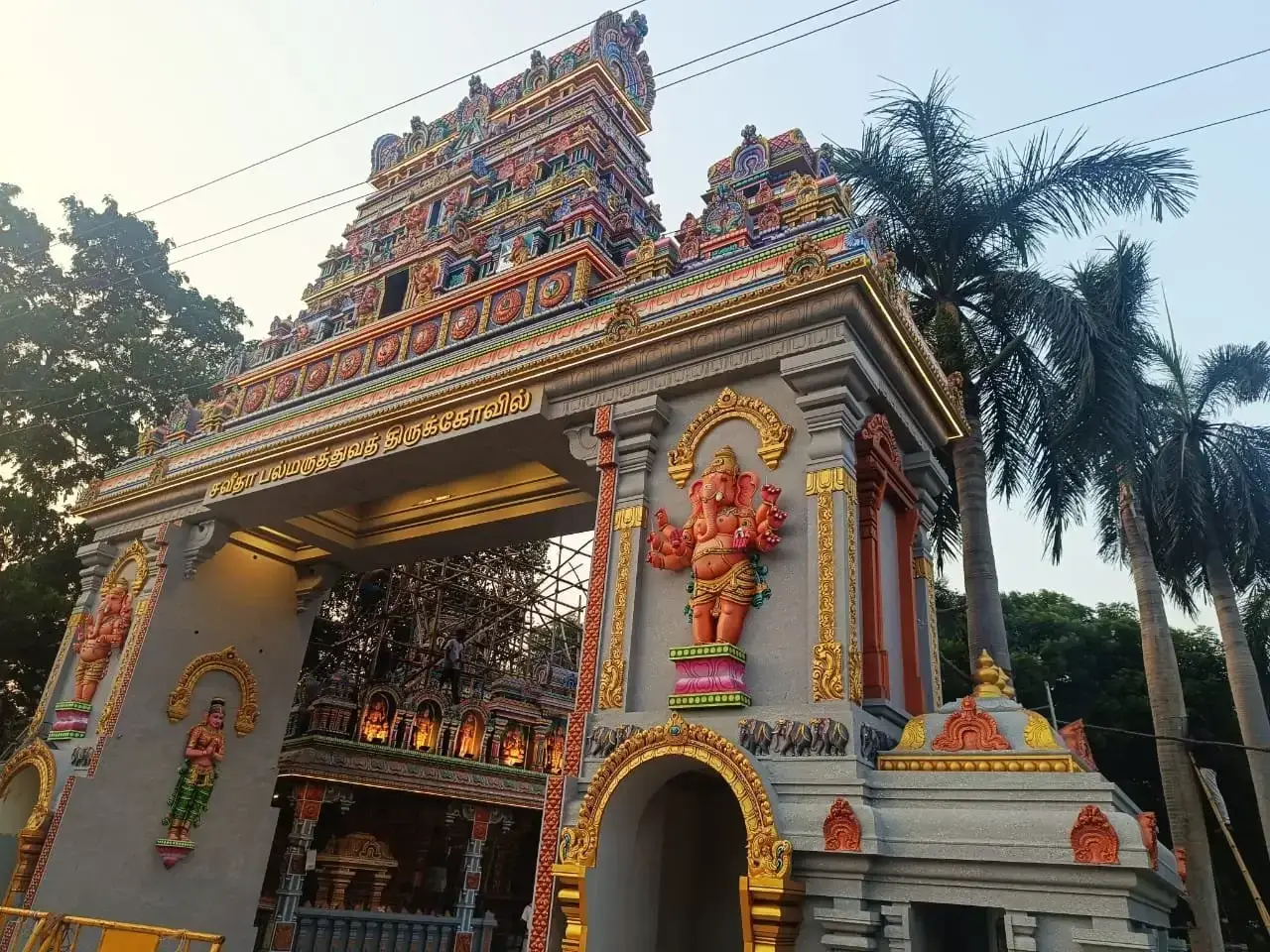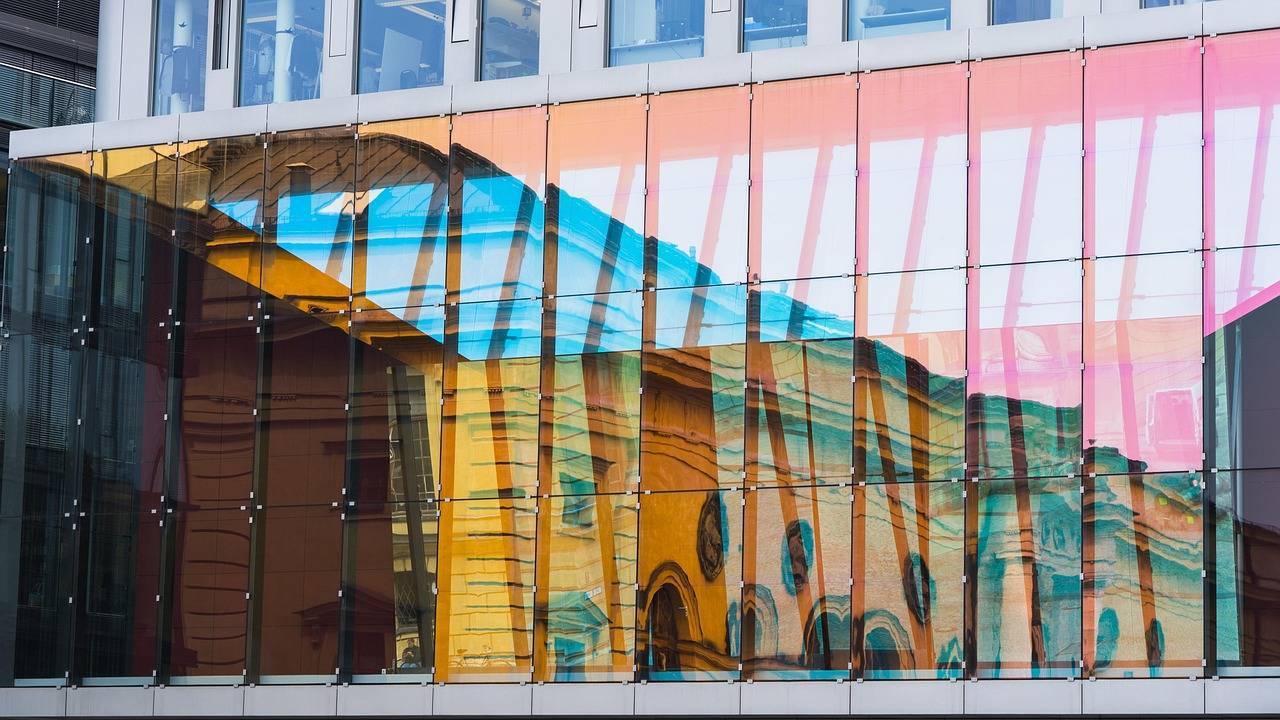Kerala has unveiled the masterplan for Technopark Phase IV, a 389-acre township project branded as Technocity, positioning Thiruvananthapuram as a rising contender in India’s competitive IT landscape. The expansion is being designed as an integrated IT city that combines technology campuses, research institutions, residential zones, commercial hubs, and modern social infrastructure.
Developed by CP Kukreja Architects, the project aims to strengthen Kerala’s ability to compete with established technology clusters such as Bengaluru, Hyderabad, and Pune. State officials expect the new phase to attract Global Capability Centres (GCCs), emerging technology companies, and high-value research and development units, while also creating large-scale employment opportunities in the years ahead.

Integrated IT Township Vision
The masterplan reflects a walk-to-work model, blending workspaces with residential, retail, cultural, and recreational facilities. This urban design approach is intended to improve both efficiency and quality of life for IT professionals, while also reducing travel time and dependence on vehicles.
Some projects are already operational within the designated area, including the Digital University of Kerala, the SunTec building, the Kabani IT building, and TCS’s IT/ITeS hub. The upcoming QUAD township is set to be another landmark development, comprising two IT towers, a commercial centre, and a residential complex.
In addition, the plan includes specialised facilities such as a Kerala Space Park, an Emerging Technology Hub under the Kerala Startup Mission (KSUM), an MSME Technology Centre, and a proposed Central Forensic Science Laboratory. Supporting amenities like healthcare institutions, educational hubs, and retail clusters have also been integrated into the design to ensure balanced growth.
Boosting Kerala’s IT Competitiveness
The Kerala government has identified information technology as one of the three key growth drivers of the state economy, alongside tourism and healthcare. Despite being home to India’s first large-scale IT park (established in 1990), Kerala has historically lagged behind Hyderabad, which attracts nearly 35% of annual IT leasing in India. The Phase IV expansion is seen as a major step toward bridging this gap.
By focusing on infrastructure readiness, lower rentals (30–40% cheaper than Bengaluru), and availability of 50,000+ annual engineering graduates, the state hopes to make Thiruvananthapuram a cost-competitive and sustainable alternative to larger metros. According to senior officials, the Phase IV initiative is aligned with Kerala’s broader strategy to attract industries in space technology, artificial intelligence, semiconductors, and cybersecurity—sectors projected to form nearly $1 trillion of global output by 2030.
Employment and Talent Development
Technopark, launched in 1990, is currently India’s largest IT park in terms of developed area. It houses more than 500 companies and employs over 80,000 professionals. With the Phase IV expansion, officials estimate that Kerala could double its IT workforce within the next ten years, creating significant opportunities for both experienced professionals and fresh graduates from the state’s engineering and science institutions.
The integration of academic institutions like the Digital University within Technocity is expected to strengthen the research ecosystem, ensuring that companies operating in the zone have direct access to skilled talent. The presence of GCCs and R&D centres is also likely to encourage reverse migration of skilled professionals originally from Kerala but working in other metropolitan hubs.
Long-Term Strategic Goals
The Phase IV development comes at a time when Global Capability Centres are projected to lease nearly 28 million sq. ft. of office space across India in 2025, almost double the level of 2021. Kerala’s pitch rests on three key factors, 30–40% lower operating costs compared to Bengaluru, availability of talent, and a planned sustainable ecosystem.
State officials believe that by aligning infrastructure with emerging industry demands, Kerala can steadily increase its share of the IT services and digital innovation market. The government’s parallel initiatives to promote startups, MSMEs, and technology manufacturing clusters complement the Phase IV masterplan, ensuring that both large and small enterprises benefit from the integrated township model.
As the Technopark Phase IV project moves forward, its success will be measured not only by the number of companies it attracts but also by the ability to create a self-sustaining digital ecosystem spread over 389 acres. By integrating workspaces, living spaces, research hubs, and social infrastructure, Kerala is seeking to redefine its position in India’s IT map.
Images-technopark.in









.png)